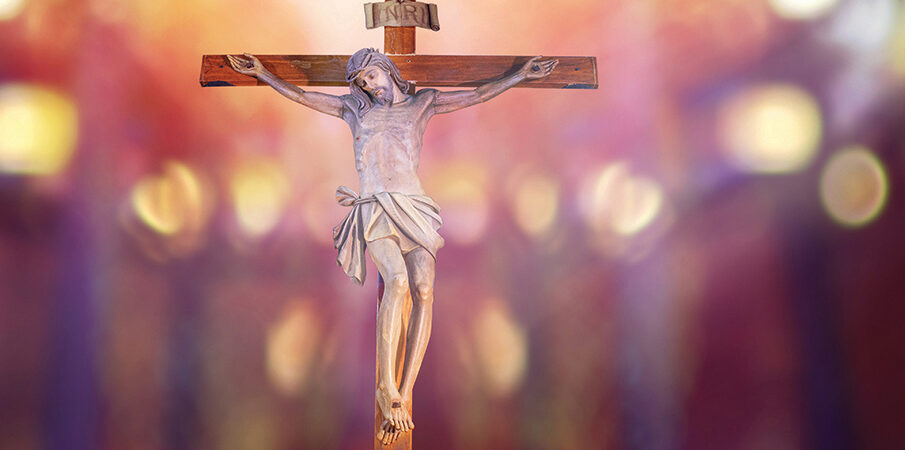Learning How to Be a Spiritual Director
Discerning the inexpressible groanings of the Holy Spirit
Deacon Scott D. Gilfillan Comments Off on Learning How to Be a Spiritual Director
At the age of 62, I embarked upon a new journey: learn how to be a spiritual director. I thought I knew everything I needed to know about spiritual direction, but one day I realized I knew very little. The awakening occurred during the pandemic. I was the director of a diocesan retreat center. The group retreats dried up, but people seeking private retreats — and spiritual direction — exploded. No surprise. After months of isolation and virtual Mass, there was a deep spiritual hunger that needed to be fed.
“Come to the center,” I would say, “and we can talk, we can pray, and I’ll set you up with an hour of adoration.” What often happened was that our conversation came to a place where I wasn’t sure whose turn it was to talk. The people weren’t looking for advice, a new prayer technique or a recommendation on the latest podcast. They wanted someone to help them go deep in their relationship with the Lord, and I was missing some essential tools for this task.
Understanding Differences
This was a shocking personal revelation. I had over 20 years of experience as a deacon, many of those as the director of formation, as well as meeting with prisoners at the local correctional center. I thought I had what it takes, but realized that spiritual direction is different from pastoral care and diaconal discernment.
In prison ministry, for instance, I worked with the reentry program for inmates about to be released. It was very goal-oriented. Do you have a job? A car? A place to live? A support network? The goal in spiritual direction, however, is understanding how the Holy Spirit is acting in a person’s life. There is no reentry formula for that.
Likewise, as the director of formation, I spent hours interviewing deacon candidates and their wives. I thought I had a wealth of experience in discernment, but it wasn’t the same. I was discerning whether the Church should affirm this man’s call, not discerning where the Holy Spirit might be leading him.
Foundational Steps
With this newfound realization, I set my mind and heart toward learning how to be a spiritual director. There were three foundational steps.
First, I found a new spiritual director for myself, one who was well-trained and experienced. Previously, my spiritual direction was hit and miss. I’d try out a new spiritual director and often found them either too directive (“Just pray the Rosary every day”) or too autobiographical (“Let me tell you about my experience”). I needed spiritual direction that could help me translate the inexpressible groanings of the Holy Spirit within my heart. After finding a spiritual director that could help me in this area, I set up a regular schedule and paid a decent stipend to punctuate my commitment.
Second, I found a spiritual-direction-certification program that fit my goals and dovetailed nicely into my life. Out of the handful of reputable programs, I chose the one offered by Divine Mercy University. It’s a Catholic university that specializes in advanced degrees in counseling and psychology. Their certification program blends the rich traditions in spiritual direction with the latest developments in the human sciences.
Third, and completely unexpected, was the tremendous spiritual formation that came from the first two steps. It was similar to the rapid, enlivening spiritual growth I experienced while in diaconal formation.
I’ve since realized the most important gift I have to offer as a spiritual director is a commitment to my own spiritual formation and a willingness to accompany another fellow pilgrim on the way.
DEACON SCOTT D. GILFILLAN is the former director of formation for the Diocese of Charlotte and presently is the director of a full-service conference and retreat center in western North Carolina.





